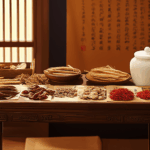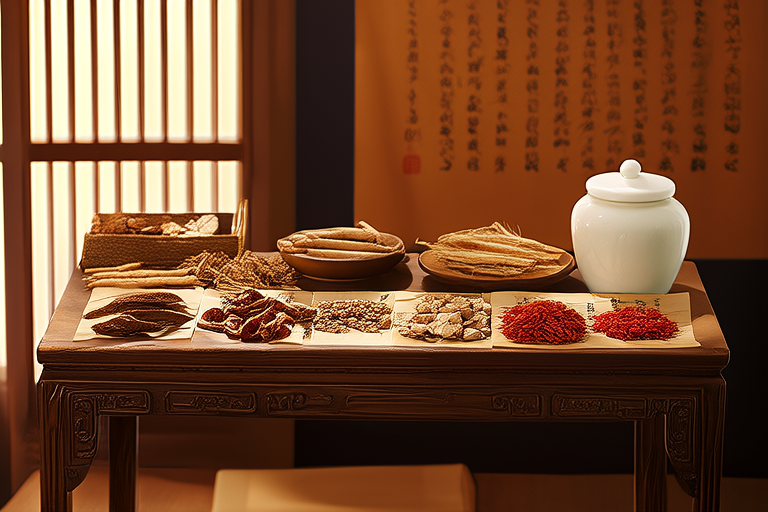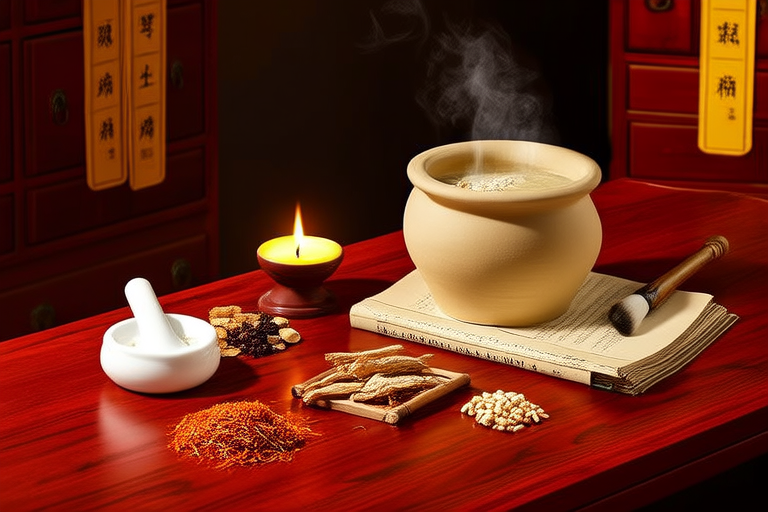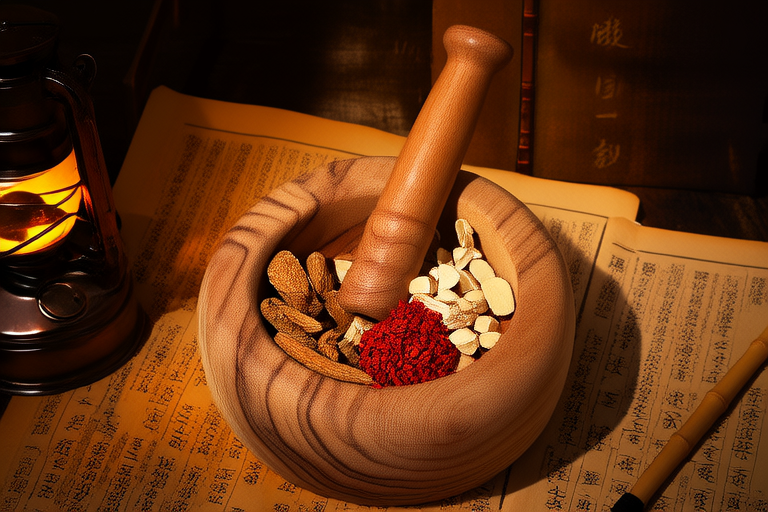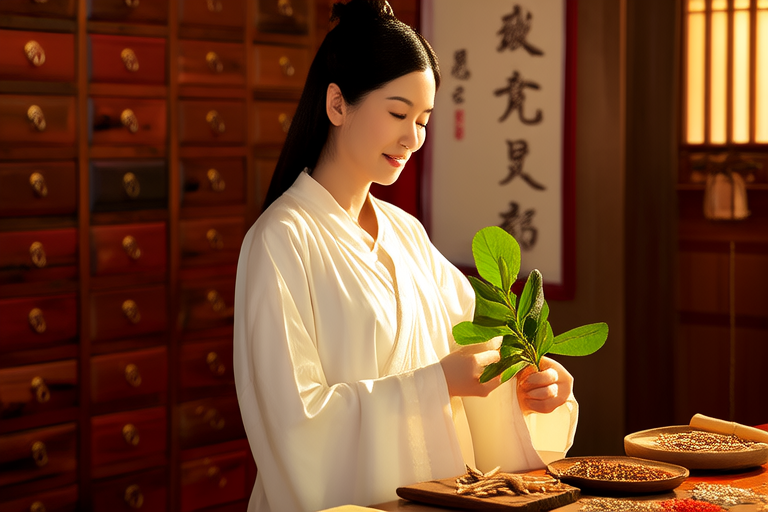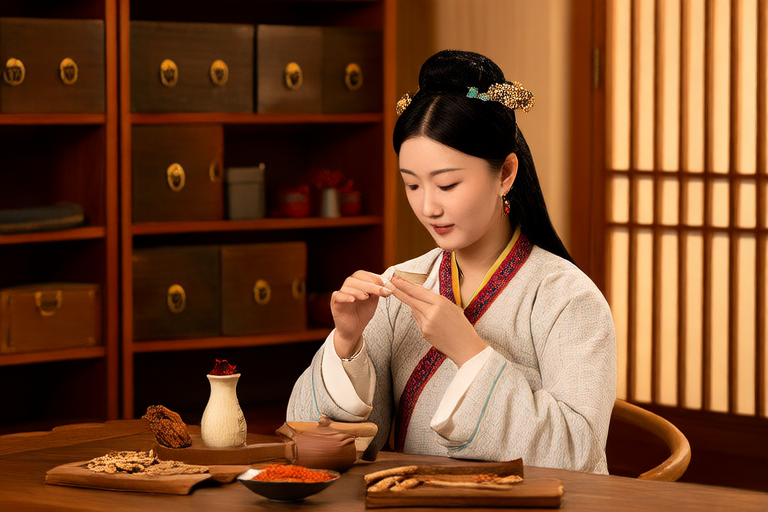Exploring Traditional Chinese Medicine for Health and Wellness
Introduction: The Importance of Cultivating Health
The concept of cultivating health, or “yangsheng,” is central to traditional Chinese medicine (TCM). It emphasizes the prevention of illness rather than merely treating symptoms. By promoting balance and harmony within the body, TCM aims to enhance overall well-being and longevity. In today’s fast-paced world, where stress and unhealthy lifestyles are prevalent, the principles of TCM provide valuable insights into maintaining optimal health.
An Overview of Traditional Chinese Medicine Theory
Yin-Yang and Five Elements
The foundational theories of TCM include the concepts of yin-yang and the five elements. Yin and yang represent opposing yet complementary forces that interact to maintain balance in nature and the human body. Yin is associated with darkness, passivity, and cold, while yang represents light, activity, and heat. The five elements—wood, fire, earth, metal, and water—are believed to correspond to different organs and physiological functions. Each element influences another in a cycle of creation and control, ensuring harmony within the body.
Zang-Fu Organs and Meridians
In TCM, the zang-fu organs refer to the internal organs and their functions. These organs are paired and interconnected through meridians, pathways along which qi (vital energy) flows. Proper circulation of qi is essential for maintaining health. For example, the heart governs blood circulation and mental clarity, while the liver regulates the smooth flow of qi and emotions. Disruptions in the flow of qi can lead to imbalances and disease.
Cultivating Health: Practical Methods
Dietary Therapy
Dietary therapy is a fundamental aspect of TCM. Foods are classified according to their properties, such as temperature (hot, warm, cool, cold), flavor (sweet, sour, bitter, spicy, salty), and function (tonifying, dispersing, draining). A balanced diet promotes the harmonious functioning of the zang-fu organs and meridians. For instance, eating more warming foods like ginger and garlic during winter can help maintain body heat and prevent cold-related illnesses. Conversely, cooling foods like cucumber and watermelon may be beneficial in summer to prevent overheating.
Physical Exercise
Regular physical exercise is crucial for maintaining good health. Tai chi and qigong are popular forms of exercise in TCM, focusing on gentle movements and breathing techniques to enhance qi circulation. These practices promote flexibility, strength, and mental calmness. Additionally, moderate aerobic activities like walking, swimming, or cycling can improve cardiovascular health and boost metabolism. However, it is important to tailor exercise routines to individual needs and avoid overexertion.
Emotional Regulation
Emotions play a significant role in TCM. Each emotion is associated with a specific organ, and prolonged emotional distress can disrupt the balance of qi. For example, anger is linked to the liver, sadness to the lungs, and fear to the kidneys. Techniques such as meditation, mindfulness, and deep breathing can help regulate emotions and restore harmony. Practicing gratitude, engaging in hobbies, and maintaining social connections also contribute to emotional well-being.
Sleep and Rest
Adequate sleep and rest are vital for rejuvenation and recovery. According to TCM, different times of the day are best for specific organs to repair and regenerate. For instance, the liver is most active between 1 a.m. and 3 a.m., making it important to be asleep during this period. Establishing a consistent sleep schedule, creating a relaxing bedtime routine, and optimizing the sleeping environment can improve sleep quality. Avoiding stimulants like caffeine and electronics before bed can further enhance restfulness.
The Integration of Traditional Chinese Medicine and Modern Medicine
TCM and modern medicine share common goals but approach them differently. While modern medicine focuses on diagnosing and treating diseases using scientific methods, TCM emphasizes preventing illness by addressing imbalances in the body. Integrating both approaches can provide comprehensive care. For example, TCM therapies like acupuncture and herbal remedies can complement conventional treatments for chronic conditions such as arthritis, fibromyalgia, and migraines. Furthermore, TCM practices can support recovery after surgery or chemotherapy by enhancing immune function and reducing side effects.
Conclusion: The Significance of Cultivating Health
Cultivating health through TCM principles offers numerous benefits for modern life. By incorporating dietary therapy, physical exercise, emotional regulation, and proper sleep into daily routines, individuals can improve their overall well-being and resilience. Moreover, integrating TCM with modern medicine creates a holistic approach to healthcare that addresses both the root causes and symptoms of illness. Ultimately, practicing TCM-inspired habits can lead to a higher quality of life, enabling people to thrive in an increasingly demanding world.

